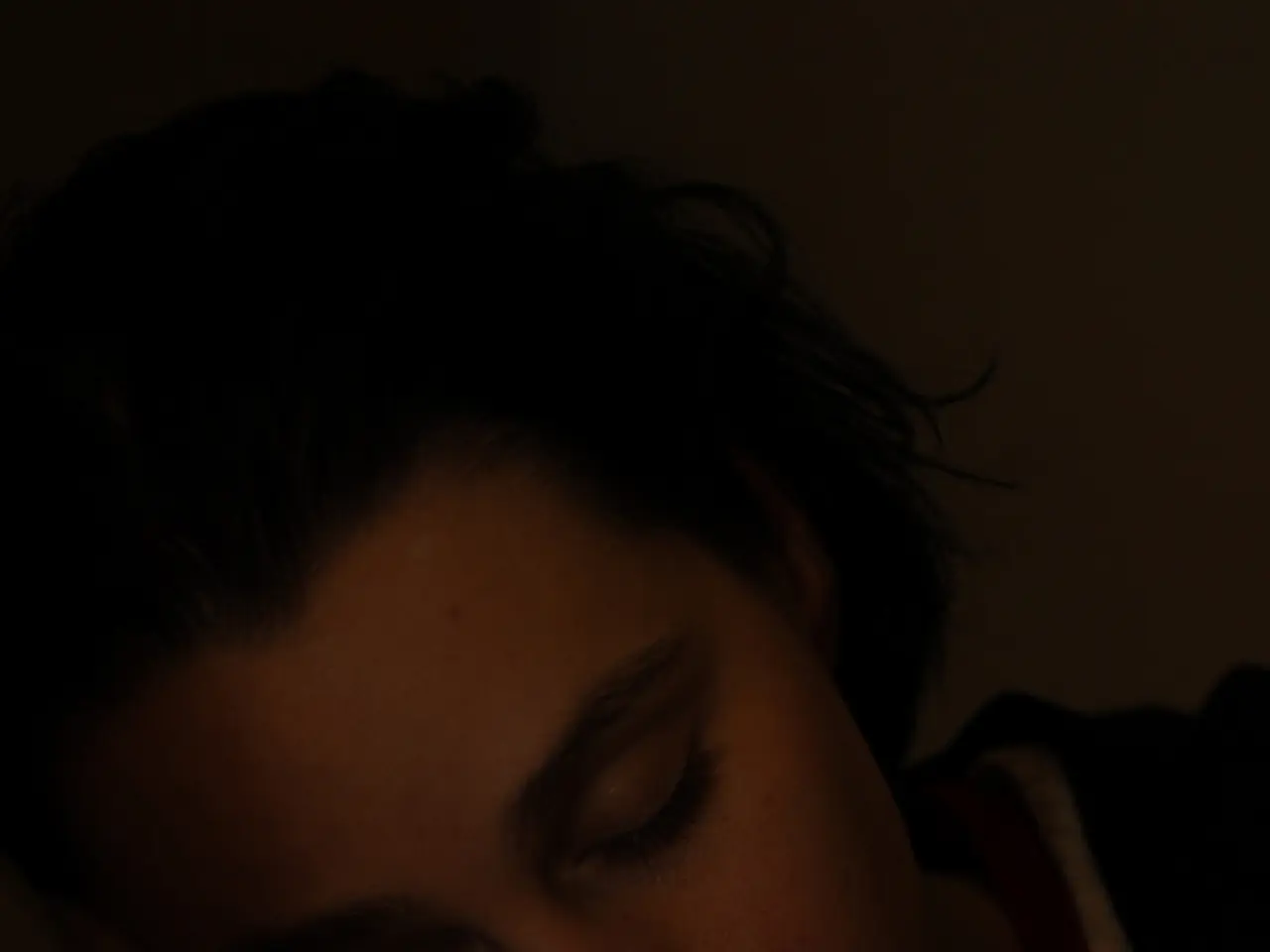Experiencing Immobility During Sleep: An Examination of Sleep Paralysis
Sleep paralysis is a fascinating, yet often distressing, sleep disorder that affects a significant portion of the population. This condition, characterised by a temporary inability to move or speak while transitioning between wakefulness and sleep, can be a source of anxiety and fear for those experiencing it.
While the exact cause of sleep paralysis isn't fully understood, it's suggested that more than 7% of the general population has experienced at least one episode of sleep paralysis. This disorder occurs during the sleep process, with symptoms typically manifesting as one feels conscious but unable to move while entering or waking from slumber.
Several factors can contribute to the development of sleep paralysis. Poor sleep quality or duration, chronic physical health conditions, and mental health conditions are all potential triggers. For instance, sleep paralysis may be more common in people living with a mental health condition, particularly panic disorder, social anxiety disorder, generalized anxiety disorder, bipolar disorder, and post-traumatic stress disorder (PTSD).
Additionally, certain lifestyle factors can increase the risk of sleep paralysis. For example, sleeping on your back, alcohol use, and exposure to trauma can all be contributing factors. On the other hand, improving sleep with sleep hygiene practices, such as avoiding electronic devices before bed, maintaining a consistent sleep schedule, and keeping your bedroom cool, dark, and quiet, may help prevent sleep paralysis.
It's important to note that sleep paralysis has been associated with various other medical conditions, such as obstructive sleep apnea (OSA), hypersomnia, insufficient sleep syndrome, exploding head syndrome, narcolepsy, and Wilson's disease. In some cases, medications can potentially cause sleep paralysis.
For those struggling with sleep paralysis, speaking with a medical professional can be an excellent first step in finding relief. Improving sleep quality and managing stress and anxiety, often through therapy or medication, can help diminish sleep paralysis episodes. Muscle relaxation (MR) therapy may also be beneficial.
It's essential to remember that sleep paralysis is not physically harmful or dangerous, but it can be an extremely distressing and terrifying experience. Symptoms of sleep paralysis can include visual hallucinations, hallucinations involving smell or sound, a sense of a dangerous presence, pressure on the throat, breathlessness, feelings of anxiety, daytime sleepiness, and fragmented sleep.
In conclusion, sleep paralysis is a complex disorder with multiple potential causes and associations. By understanding the factors that contribute to sleep paralysis and seeking help from medical professionals, those affected can find relief and reduce the frequency of these distressing episodes.
Read also:
- Peptide YY (PYY): Exploring its Role in Appetite Suppression, Intestinal Health, and Cognitive Links
- Toddler Health: Rotavirus Signs, Origins, and Potential Complications
- Digestive issues and heart discomfort: Root causes and associated health conditions
- House Infernos: Deadly Hazards Surpassing the Flames








